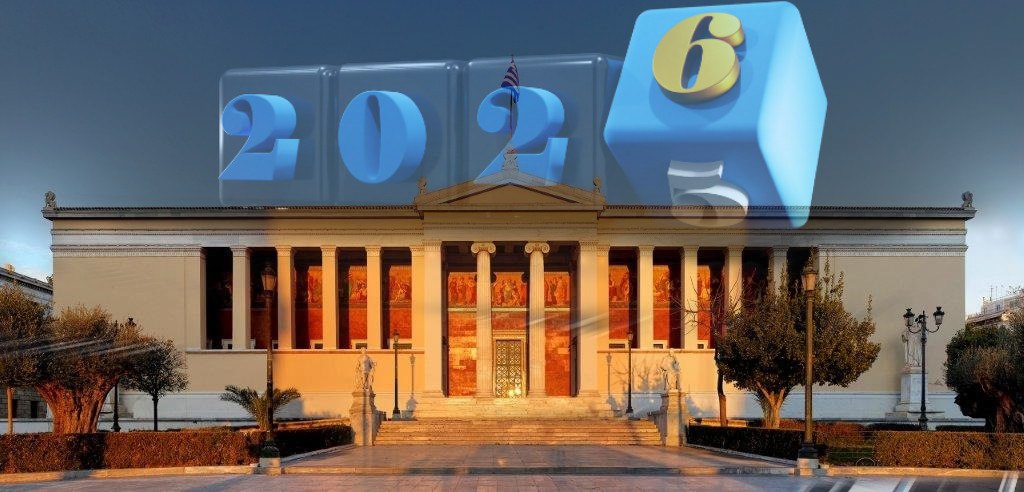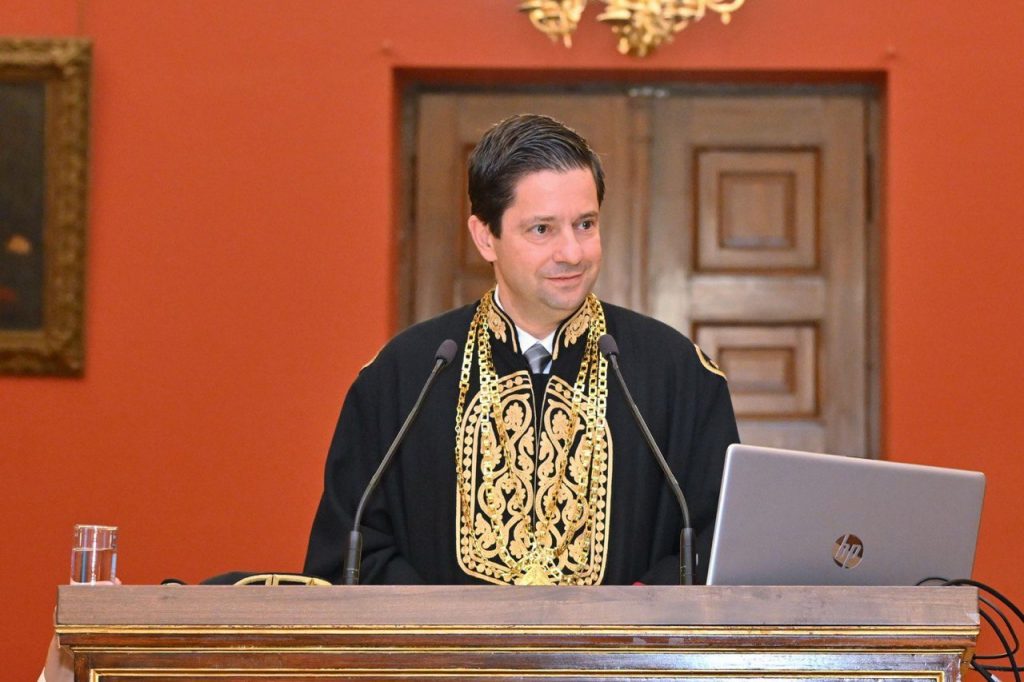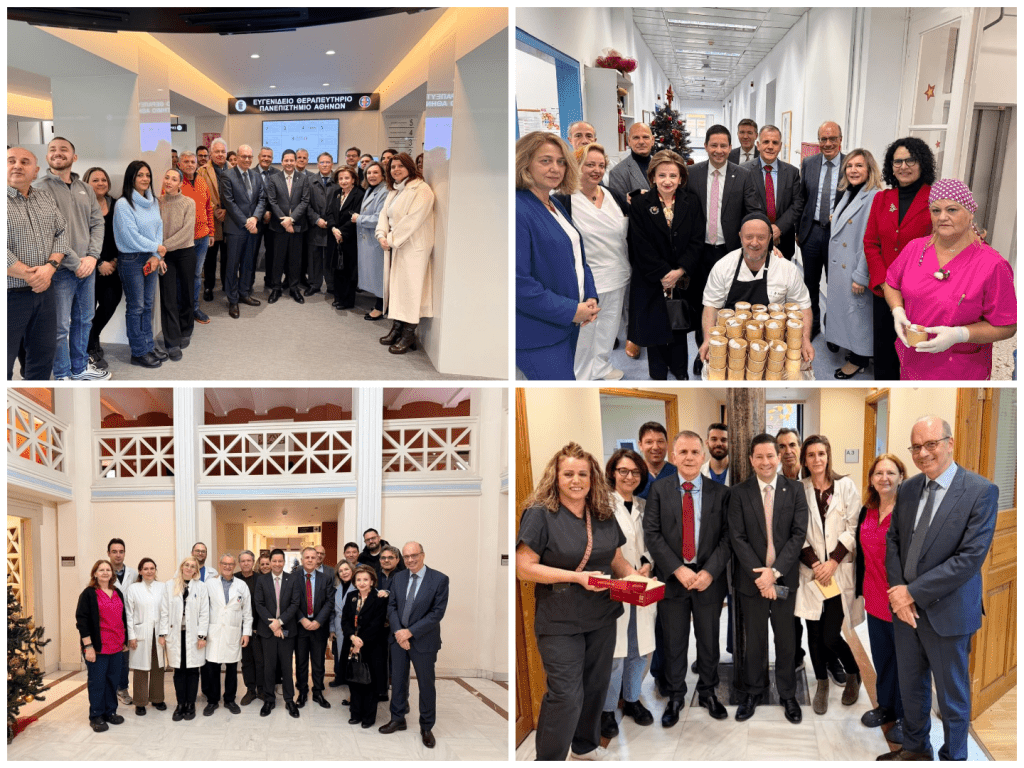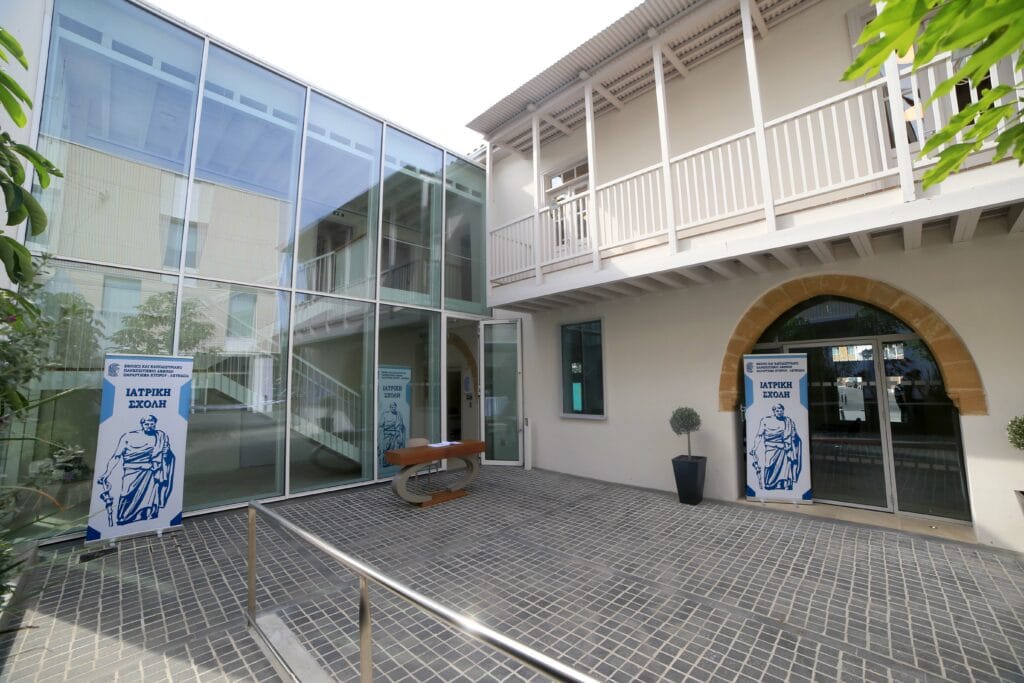Μεγάλη επιτυχία και επιστημονική αναγνώριση για την πτυχιούχο της ΣΕΦΑΑ ΕΚΠΑ Μαρία Ντουμάνη και την Αν. Καθηγήτρια της ιδίας Σχολής Κωνσταντίνα Γογγάκη αποτελεί η επιλογή της ΝΑΣΑ να συμπεριλάβει το άρθρο τους στην εβδομαδιαία λίστα της.
Σχετικός σύνδεσμος:
α. Τίτλος/Περίληψη του άρθρου
Ntoumani M, Dugué B, Rivas E, Gongaki K.
“Thermoregulation and thermal sensation during whole-body water immersion at different water temperatures in healthy individuals: A scoping review”.
J Therm Biol. 2023 Feb;112:103430. Review.
https://doi.org/10.1016/j.jtherbio.2022.103430
Journal Impact Factor: 3.189
Funding: E. Rivas is affiliated with NASA Johnson Space Center.
α) Abstract
Background
Severe thermal discomfort may increase risk of drowning due to hypothermia or hyperthermia from prolonged exposure to noxious water temperatures. The importance of using a behavioral thermoregulation model with thermal sensation may predict the thermal load that the human body receives when exposed to various immersive water conditions. However, there is no thermal sensation “gold standard” model specific for water immersion. This scoping review aims to present a comprehensive overview regarding human physiological and behavioral thermoregulation during whole-body water immersion and explore the feasibility for an accepted defined sensation scale for cold and hot water immersion.
Methods
A standard literary search was performed on PubMed, Google Scholar, and SCOPUS. The words “Water Immersion,” “Thermoregulation,” “Cardiovascular responses” were used either as independent searched terms and MeSH terms (Medical Subject Headings) or in combination with other text words. The inclusion criteria for clinical trials terms to thermoregulatory measurements (core or skin temperature), whole-body immersion, 18–60 years old and healthy individuals. The prementioned data were analyzed narratively to achieve the overall study objective.
Results
Twenty-three published articles fulfilled the review inclusion/exclusion criteria (with nine measured behavioral responses). Our outcomes illustrated a homogenous thermal sensation in a variety of water temperatures ranges, that was strongly associated with thermal balance, and observed different thermoregulatory responses. This scoping review highlights the impact of water immersion duration on human thermoneutral zone, thermal comfort zone, and thermal sensation.
Conclusion
Our findings enlighten the significance of thermal sensation as a health indicator for establishing a behavioral thermal model applicable for water immersion. This scoping review provides insight for the needed development of subjective thermal model of thermal sensation in relation to human thermal physiology specific to immersive water temperature ranges within and outside the thermal neutral and comfort zone.
β) Επιστημονικά στοιχεία των συγγραφέων του άρθρου

Maria Ntoumani has a bachelor’s degree in Physical Education and Sport Science specializing in “Swimming” at the National and Kapodistrian University of Athens, Greece. Now, she is a graduate student in the master’s program “Molecular and Applied Physiology” with a specialty in “Thermal Medicine” in the Medical School at the National Kapodistrian University of Athens, Greece. Besides, she is an accredited Lifeguard Instructor in Hellenic Red Cross. Her research interest focuses more on physiological and behavioural responses during thermal water immersion/swimming.

Benoit Dugué has gained his training at the University of Poitiers, France (1981–86) and then at the Minerva Foundation Institute for Medical Research and the University of Helsinki, Helsinki, Finland, where he obtained his Docentship in biochemistry (1988–99). After moving back to France in 1999, Professor Dugué mainly concentrated his research in the field of sport sciences, rehabilitation, and cold-induced physiological adaptations. At the University of Poitiers, Professor Dugué has led the Laboratory of Exercise-Induced Physiological Adaptations (2005-11) and is the vice-head of the Lab “Mobilité, Viellissement, Exercice (MOVE)” since 2012. He is also in charge of a Master Curricula concerning handicap, rehabilitation, and motor performance.

Eric Rivas received his doctoral degree in exercise physiology at Texas Woman’s University, TX, USA and pre-doctoral fellowship training in thermal physiology at Institute for Exercise and Environmental Medicine at University of Texas Southwestern Medical Center, TX, USA. He completed postdoc fellowship training in pediatric exercise physiology at University of California, CA, USA and translational burns training at University of Texas Medical Branch, TX, USA. Currently he is a Physiologist in the Human Physiology, Performance, Protection, and Operations Laboratory at NASA’s Johnson Space Center, TX, USA, where he is involved in research and evaluation of compact exercise devices, exercise countermeasures for astronaut health, and thermoregulation during exercise in vehicles and spacesuits.

Konstantina Gongaki is an Associate Professor of ‘Philosophy of Sport’ at the School of Physical Education and Sport Science at National and Kapodistrian University of Athens. She has taken two Scholarships for Postgraduate Studies from Københavns Universitet, at the Institute of Nygraesk og Balkanistik, and at Danmarks Højskole of Legemsøvelser. She has Postgraduate Studies in “Philosophy”, at Institut of Graesk og Latin, Københavns Universitet, and at the Philosophical School, at the University of Athens, and in “Philosophy of Sport” at the Philosophical School of the University of Athens. She has also studied “Semiotics”, at the Institut of Nordisk Filologi, of Københavns Universitet.


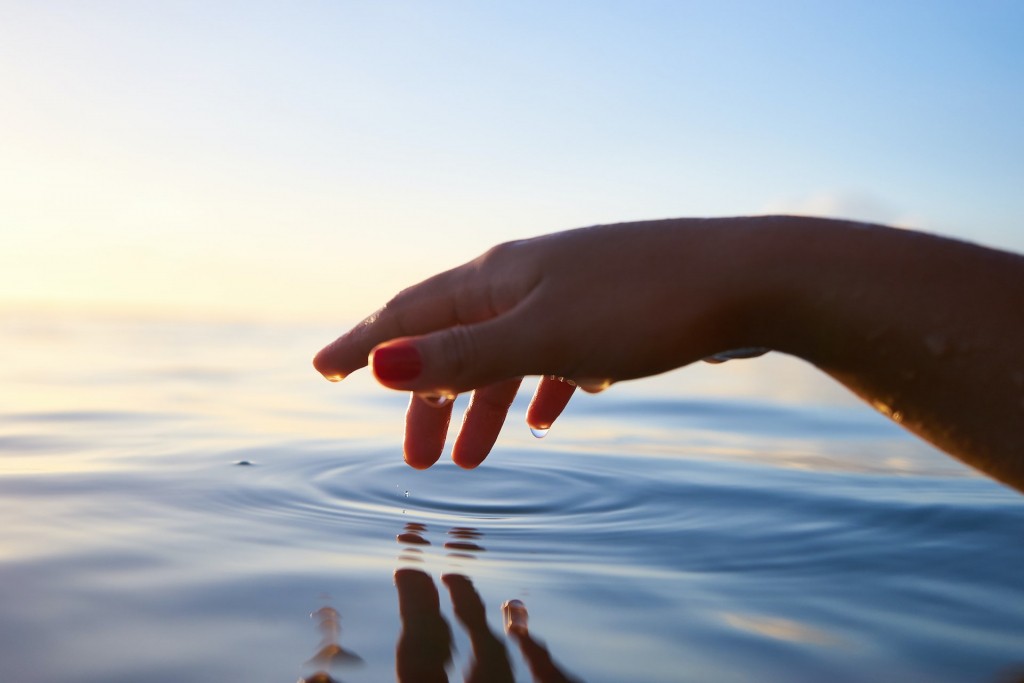

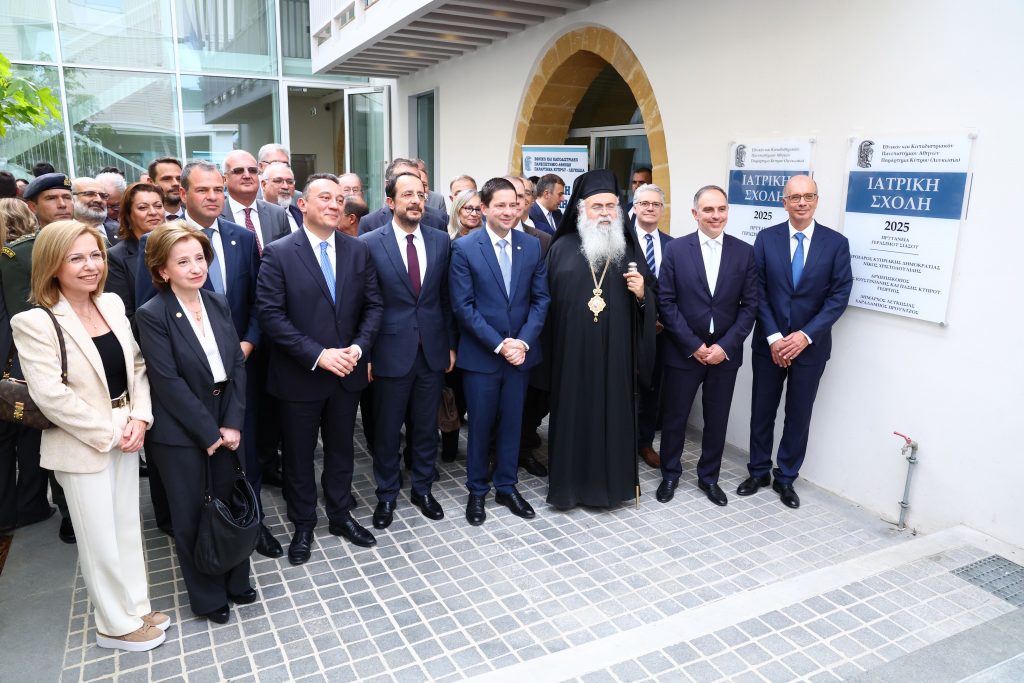
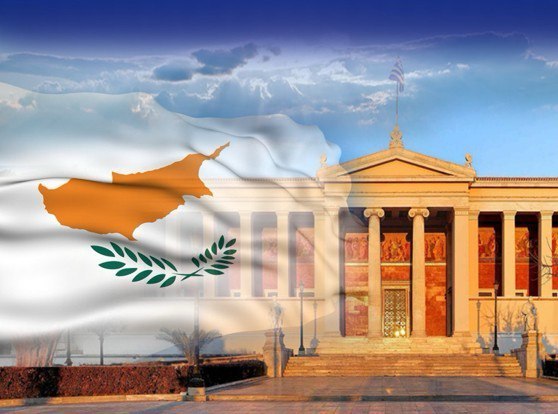


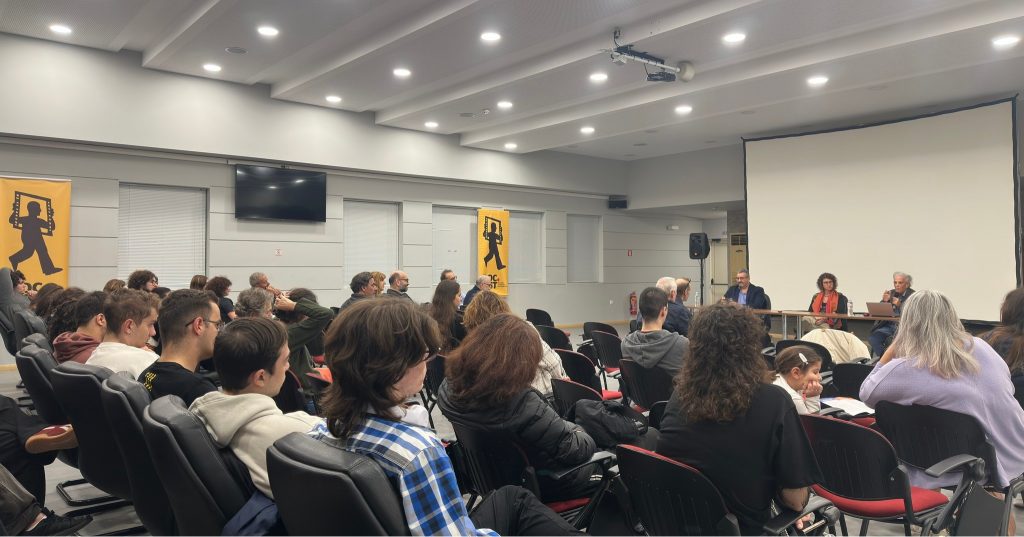
![Διάλεξη του Τμήματος Κοινωνιολογίας του ΕΚΠΑ: Γυναικείες μαρτυρίες για τη Γενοκτονία του Ελληνισμού του Πόντου [20 Νοεμβρίου 2025]](https://hub.uoa.gr/wp-content/uploads/2025/11/pontos-.jpg)
